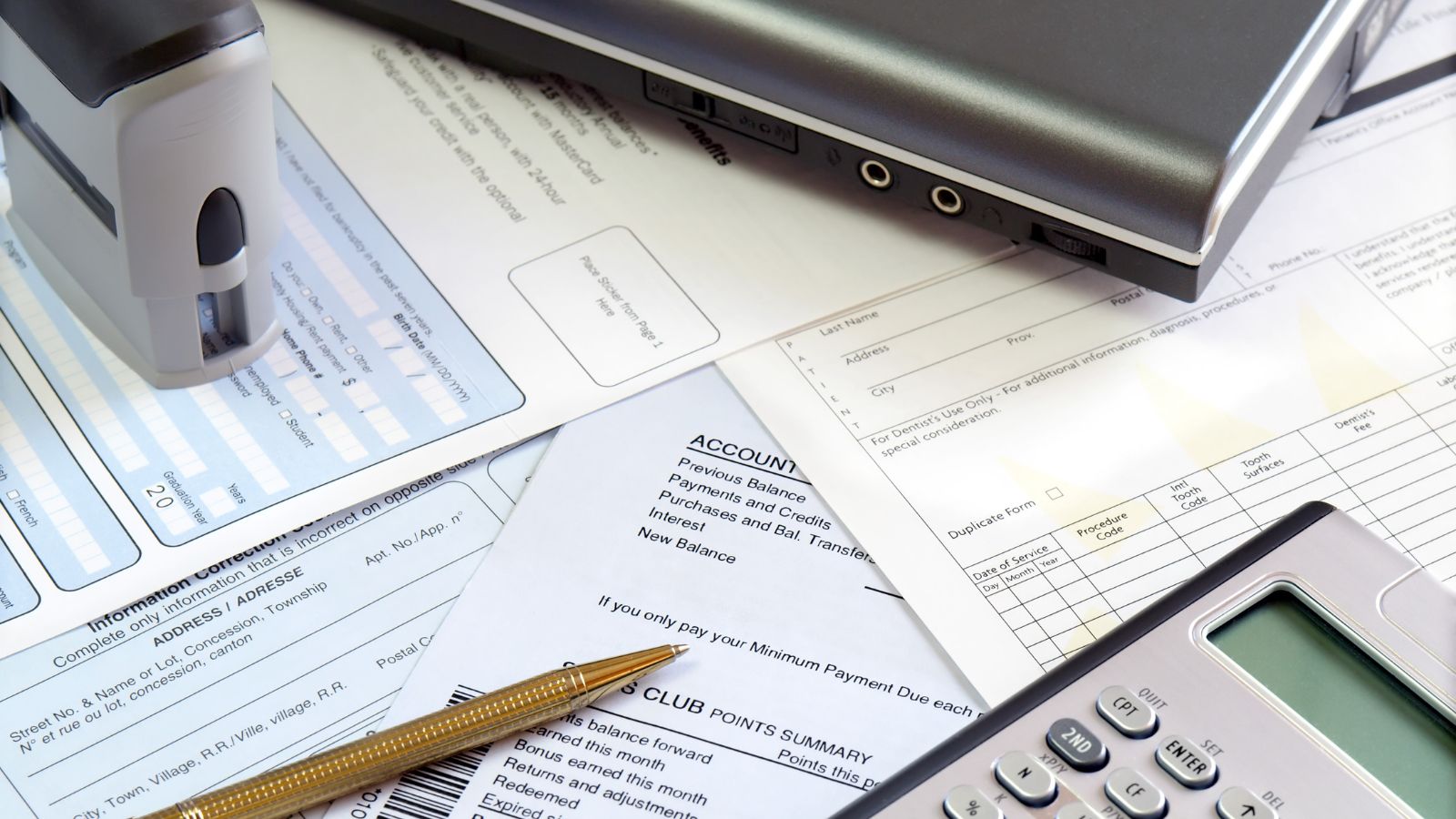15 Everyday Money Mistakes No One Ever Learns From

Managing money is something everyone has to deal with, yet many people find themselves making the same mistakes over and over again. These everyday money mistakes can sneak up on you, causing unnecessary stress and financial strain. Despite the best intentions, some errors are so common and subtle that people tend to repeat them without even realizing it.
1. Overusing Credit Cards

Overusing credit cards for everyday purchases is a common mistake. Many people fall into the trap of thinking they’ll pay off the balance quickly, but it often leads to accumulating debt. The ease of swiping a card can make it hard to keep track of spending. This habit can result in high-interest payments and financial strain.
2. Eating Out Too Often

Skipping meals at home in favor of dining out regularly drains more money than most realize. The convenience of restaurants and takeout often comes with a higher price tag. Preparing meals at home can save a substantial amount of money. Many overlook this simple way to reduce expenses and eat healthier.
3. Ignoring Small Bank Fees

Ignoring small bank fees can add up over time. Charges for ATM withdrawals, account maintenance, and overdrafts might seem insignificant individually. However, these fees can accumulate to a surprising amount annually. Being mindful of these charges and finding ways to avoid them can save money.
4. Not Reviewing Utility Bills

Not reviewing utility bills is another everyday money mistake. Many people just pay their bills without checking for errors or opportunities to reduce costs. Simple changes like adjusting the thermostat or fixing leaks can lower utility expenses. Regularly reviewing bills helps ensure that charges are accurate and identifies areas for savings.
5. Forgetting to Return Items

Forgetting to return items that don’t fit or aren’t needed is a common oversight. Many people buy clothing or gadgets and never get around to returning them if they aren’t right. This results in wasted money and clutter. Making an effort to return unwanted items can reclaim money and reduce waste.
6. Not Making a Shopping List

Failing to shop with a list leads to unnecessary purchases. Without a plan, it’s easy to be tempted by impulse buys at the store. A shopping list helps focus on what’s needed and prevents overspending. This simple strategy can help keep spending in check and reduce waste.
7. Not Taking Advantage of Cash Back Opportunities

Overlooking cash-back opportunities on purchases is a missed chance to save. Many credit cards and online platforms offer cash-back rewards for spending. Ignoring these programs means missing out on money that could be earned back. Being aware of and using cash-back options can add up to significant savings over time.
8. Not Setting Financial Goals

Not setting financial goals makes it hard to achieve financial stability. Without clear objectives, it’s easy to spend money without thinking about the future. Setting goals helps prioritize spending and saving. This practice creates a roadmap for financial success and provides motivation to stay on track.
9. Not Waiting For Items to Go On Sale

Paying full price for items that frequently go on sale is a common mistake. Many people buy products without checking if they are available at a discount elsewhere. Waiting for sales or using coupons can lead to substantial savings. This approach requires patience but pays off in the long run.
10. Not Auditing Subscriptions

Neglecting to review subscription services can result in paying for unused services. Many people sign up for trials or subscriptions and forget to cancel them. Monthly fees can add up, draining finances without providing value. Regularly reviewing and canceling unnecessary subscriptions helps keep expenses under control.
11. Using Payday Loans

Using high-interest payday loans for quick cash is a perilous mistake. The convenience comes at a steep price, with interest rates that can trap borrowers in a cycle of debt. Exploring alternative solutions for short-term financial needs is crucial. Avoiding payday loans can prevent financial hardship and stress.
12. Not Negotiating Bills/Fees

Not negotiating bills and fees is a missed opportunity for savings. Many service providers, from cable companies to medical facilities, are open to negotiation. Taking the time to ask for lower rates or discounts can result in significant savings. This simple step can make a big difference in monthly expenses.
13. Not Taking Advantage of Employer Benefits

Overlooking employer benefits is another everyday mistake. Many companies offer perks like health savings accounts, gym memberships, or tuition assistance. Failing to take advantage of these benefits means missing out on valuable savings. Understanding and utilizing employer benefits can enhance financial well-being.
14. Ignoring the Potential of Side Hustles

Ignoring the potential of side hustles to generate extra income is a missed opportunity. Many people have skills or hobbies that could be turned into additional sources of money. Exploring side gigs can provide financial security and help pay off debt faster. This extra income can significantly impact financial health.
15. Not Investing in Personal Development

Not investing in personal development can be a costly oversight. Improving skills and education can lead to better job opportunities and higher earnings. Many people fail to invest in themselves, missing out on potential career advancements. Prioritizing personal growth can lead to long-term financial benefits and personal fulfillment.
How To Make Money Without a Job

How To Make Money Without a Job
Creative Ways To Make Money

Source: Yahoo Finance.






